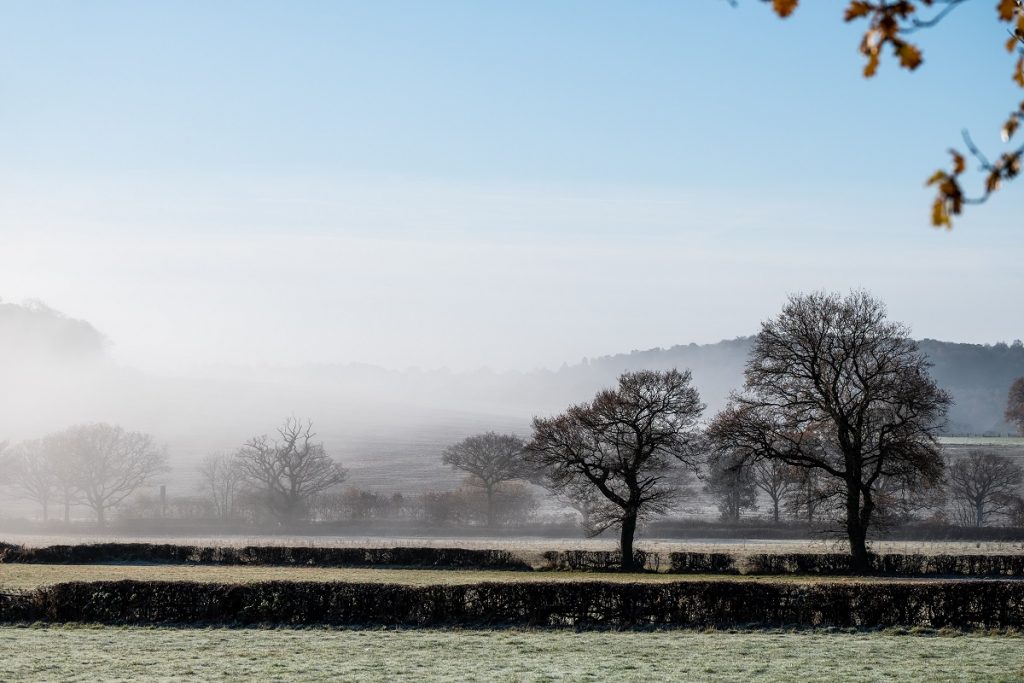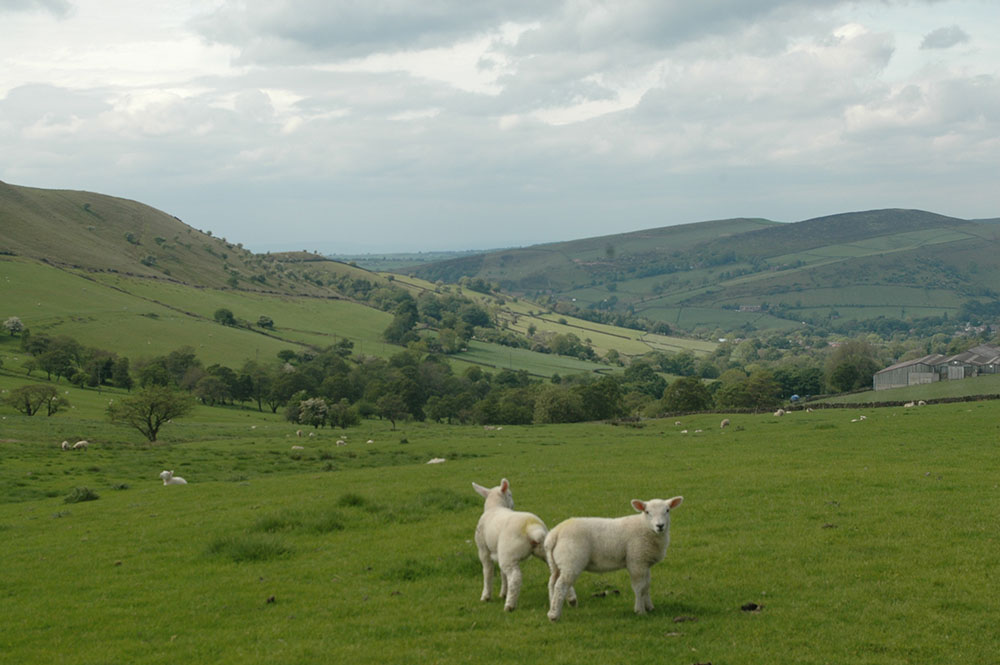Field || guides
Field || guides strengthens the impact and utility of the Fieldwork Research Network by focussing on learning through arts and by empowering in particular two constituencies whose voices are often muted: children and tourists.
It retains a focus on Devon, and through a series of landscape interventions with professional artists and educators, it directs our research on temporality and ethics into participatory activities which invite the public to imagine themselves as current and future landscape custodians.
Principal Investigator Katherine Earnshaw introduces the project in this short video
As with Field\work, Field || guides combines interpretative literary approaches and philosophical insights from Classics with experiential and affective approaches to landscape research from Cultural Geography. It also foregrounds the importance of artworks as a means of shaping and evolving understandings of value in the landscape.
This combination offers fertile possibilities for innovative educational interventions. One strand of Field || guides will co-produce and co-deliver with Beaford Arts and a professional map artist a carefully constructed educational programme over an academic year to urban and rural/coastal schools in Devon.
Workshops will use professionally-curated field-based learning opportunities such as field-walks, sound-drawing, and poetic provocation, so the children and teachers can consider deep time and past land-use in their surroundings, the experience of the present, and imagined landscape futures. The participants will gain new understandings of how different groups and periods value landscape, and how environmental decisions and actions flow from aesthetic and ethical valuations of landscape. One outcome will be to embed agricultural and landscape ethics linked to heritage (using classical texts as provocation) within National Curriculum resources.
Another strand illuminates ideas of shared land ownership and stewardship through narratives. We will work with our partner, professional word artist Chris Jelley, on an innovative ‘field poetry’ programme, employing physical ‘poetry boxes’ and geo-locational digital tagging to key locations in Devon, either in, or with a perspective on fields. Some boxes will be ‘seeded’ with sections from Virgil’s Georgics; the public will co-produce knowledge by contributing poems about the landscape, and co-create social artefacts around the digital poems through situated engagement. We thus aim to generate novel perspectives on cultural ecosystems services in place.


